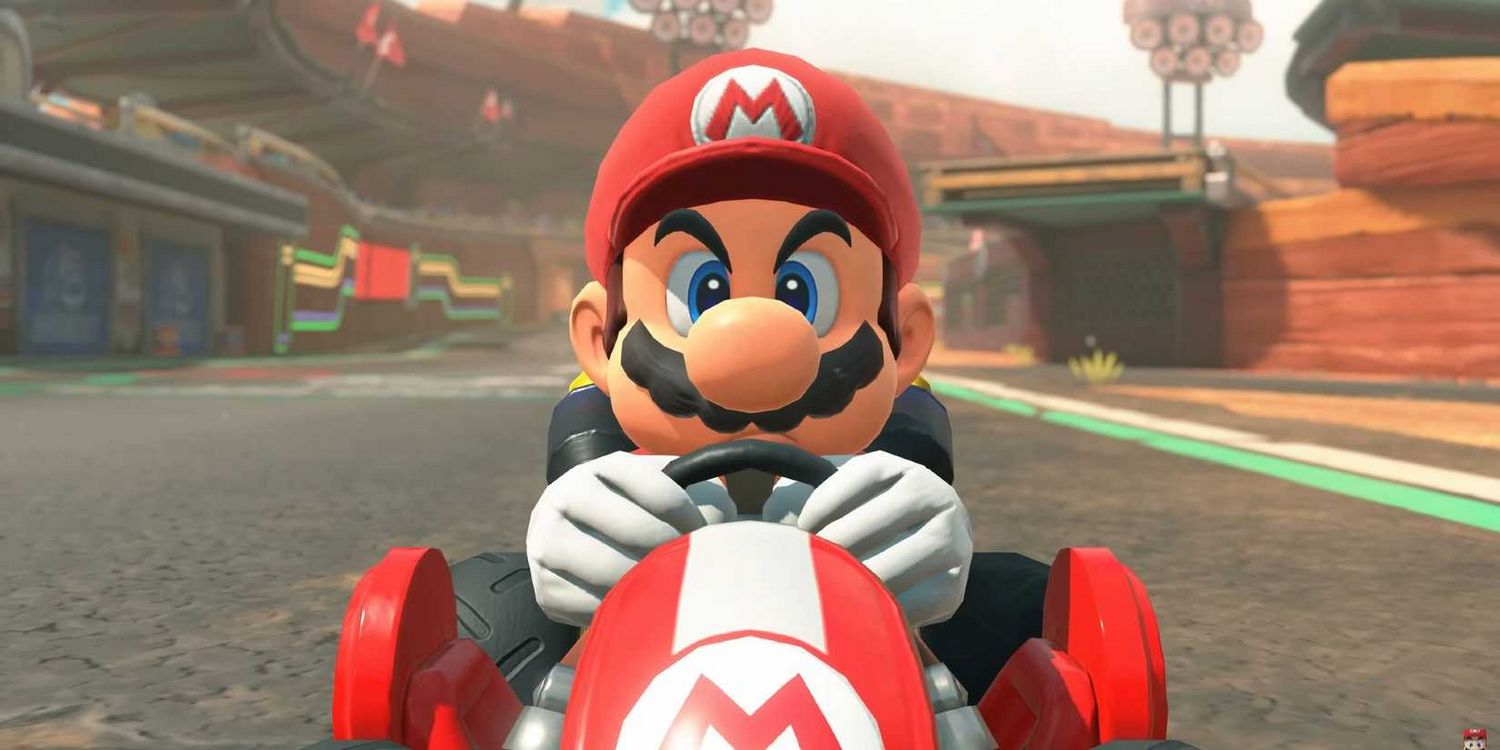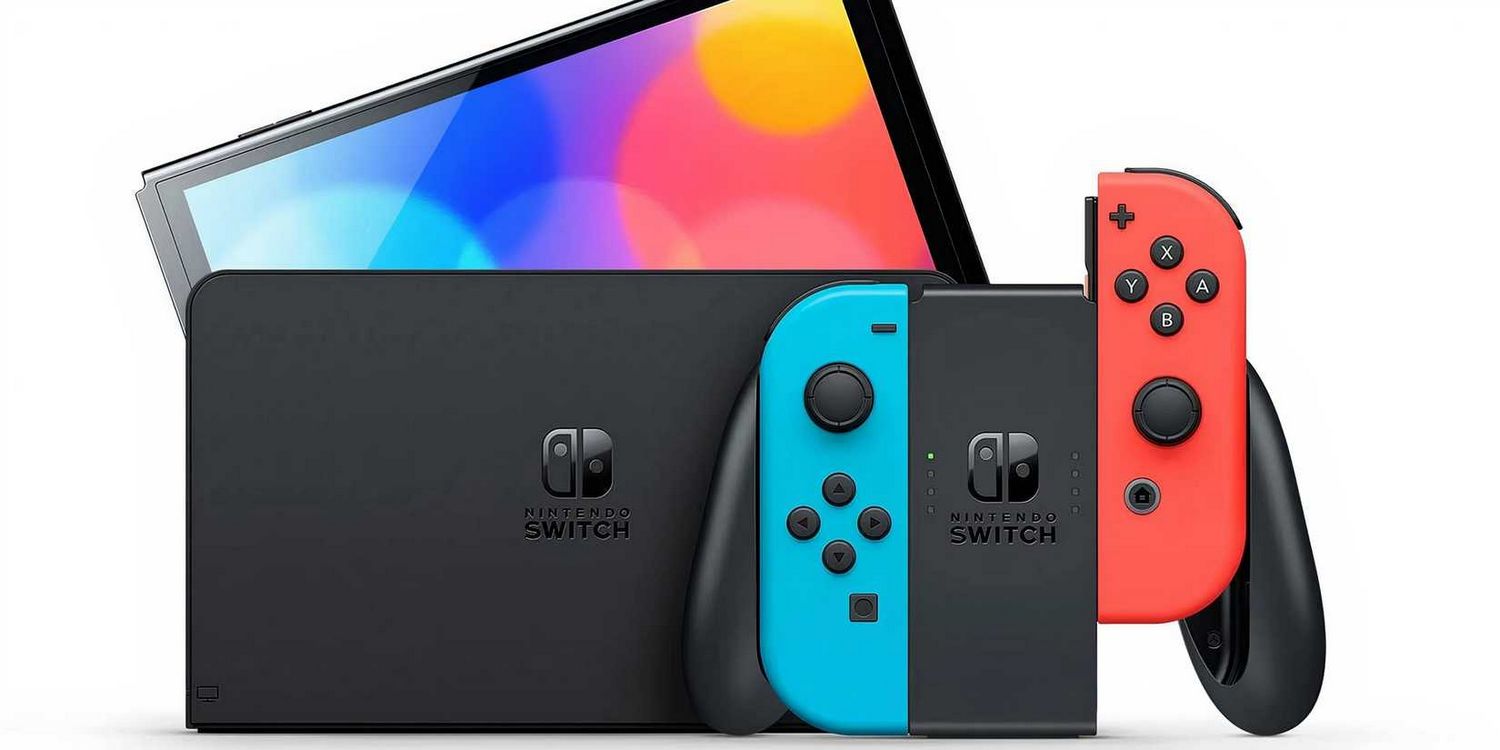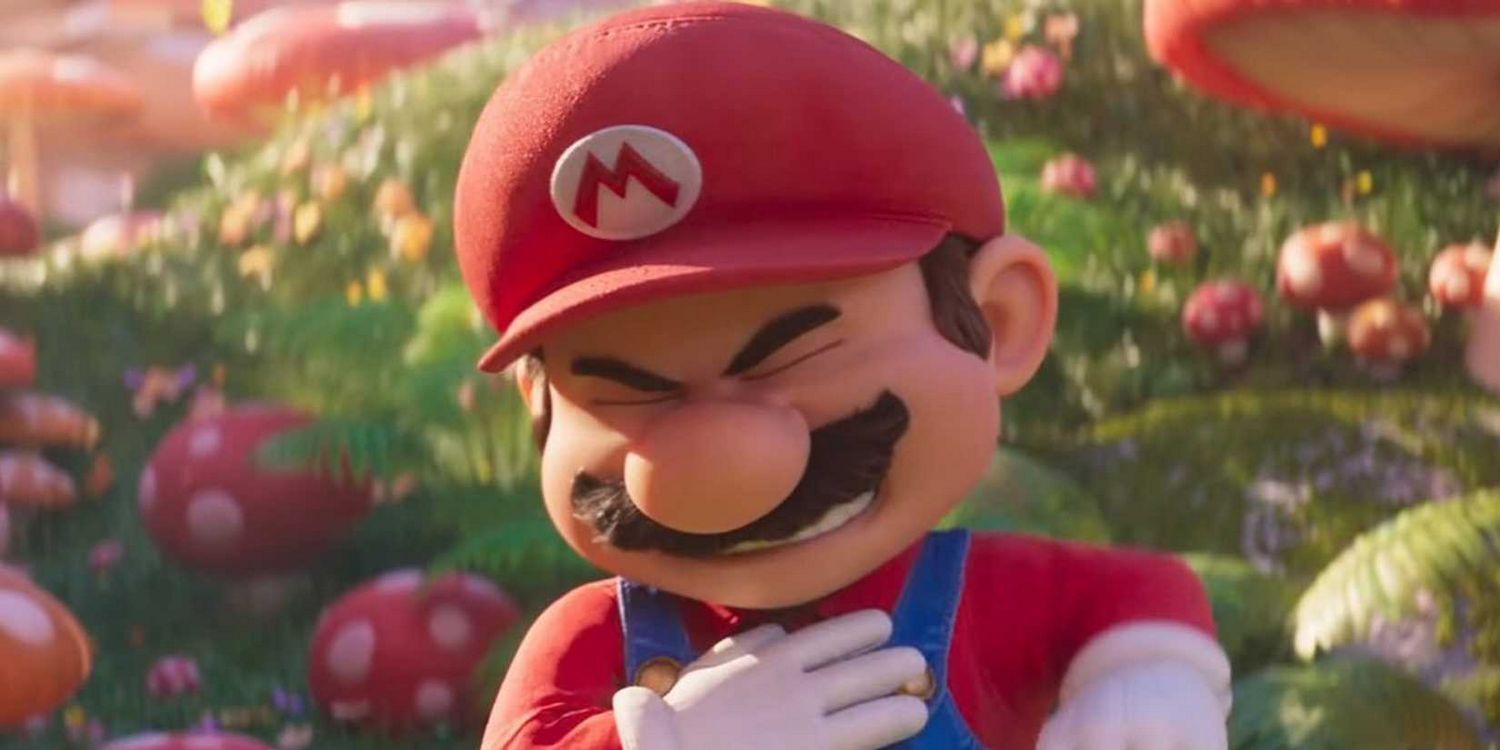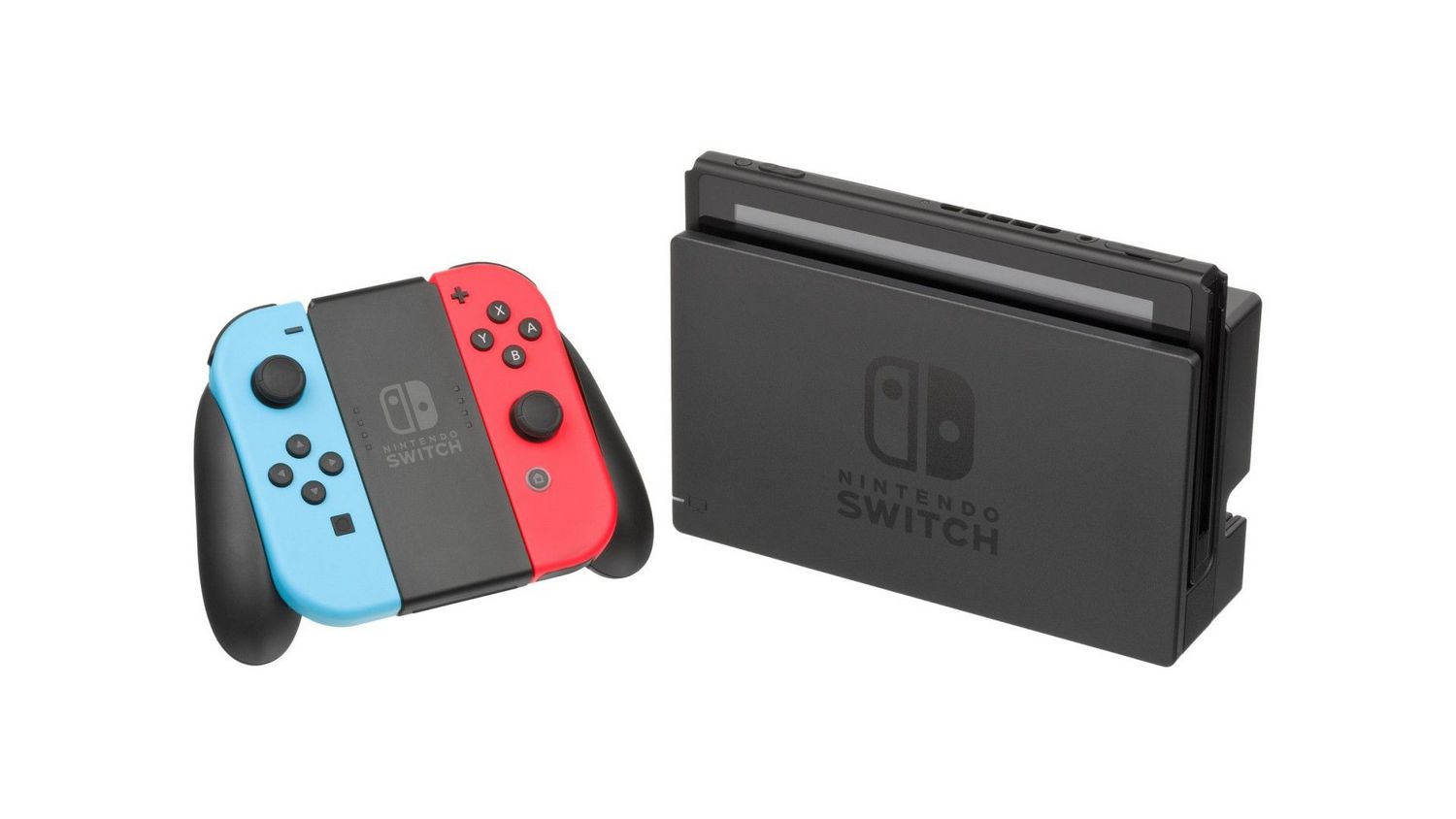A Cautionary Tale: Switch Modder Agrees to Pay Nintendo $2 Million After Being Sued
Popular Now
 Sonic the Hedgehog™ Classic
Sonic the Hedgehog™ Classic
 Free Fire
Free Fire
 Roblox
Roblox
 Stumble Guys
Stumble Guys
 Call of Duty
Call of Duty
 God of War Ragnarök
God of War Ragnarök
 Toca Boca World
Toca Boca World
 Brawl Stars
Brawl Stars
 Geometry Dash
Geometry Dash
 Free Fire Max
Free Fire Max
 In a powerful and unequivocal statement against console piracy, a key figure in the Nintendo Switch hacking scene has agreed to pay a substantial sum to Nintendo. A year-long lawsuit between Nintendo and the company Modded Hardware has reached its conclusion, as the creator of the MiG Switch and similar hacking devices must pay Nintendo $2 million as part of a settlement. This case serves as a stark reminder of the serious legal and financial consequences of creating and distributing devices that circumvent a console’s security. It also sheds light on the lengths to which companies like Nintendo will go to protect their intellectual property and business models, adding another chapter to their aggressive anti-piracy campaign.
In a powerful and unequivocal statement against console piracy, a key figure in the Nintendo Switch hacking scene has agreed to pay a substantial sum to Nintendo. A year-long lawsuit between Nintendo and the company Modded Hardware has reached its conclusion, as the creator of the MiG Switch and similar hacking devices must pay Nintendo $2 million as part of a settlement. This case serves as a stark reminder of the serious legal and financial consequences of creating and distributing devices that circumvent a console’s security. It also sheds light on the lengths to which companies like Nintendo will go to protect their intellectual property and business models, adding another chapter to their aggressive anti-piracy campaign.
 The Case Against Modded Hardware
The Case Against Modded Hardware
The settlement involves Ryan Daly, the founder of Modded Hardware, a company known for developing and selling the MiG Switch and other hacking devices. The lawsuit, filed by Nintendo over a year ago in the United States District Court in Seattle, alleged that Modded Hardware not only sold the hardware and firmware to create and play pirated games but also provided customers with illegal copies of popular titles. This case is distinct from the high-profile criminal and civil cases against Gary Bowser of Team Xecuter, who was ordered to pay Nintendo a combined total of $14.5 million in fines and restitution. This new settlement demonstrates that Nintendo is pursuing not just the top-level organizers but also the broader network of sellers and distributors who profit from piracy.
According to the court filing, Daly has agreed to a final judgment that includes a payment of $2 million to Nintendo. Furthermore, a permanent injunction has been issued, which bans him from selling or possessing any flash cartridges, mod chips, or other tools designed to bypass the Switch’s technological protections. The agreement also grants Nintendo the right to seize all MiG Switch devices, related hardware, and any websites associated with Modded Hardware’s business.
 Nintendo’s Unwavering Anti-Piracy Stance
Nintendo’s Unwavering Anti-Piracy Stance
Nintendo has a long and well-documented history of aggressively pursuing legal action against individuals and groups involved in piracy and console modding. This is not simply a matter of profit; for the company, it’s a fundamental issue of survival. In court filings, Nintendo’s lawyers have consistently argued that the company’s business model is sustained by the sale of video games. Piracy, they contend, directly undermines this foundation by devaluing the games and the consoles they are designed for. When people can obtain games for free, it cuts off the revenue stream that funds future game development and innovation. This is especially critical for a company that relies heavily on its first-party titles and iconic franchises like Super Mario and The Legend of Zelda.
The company views these hacking groups as criminal enterprises that profit off of its creative work and investment. The company’s legal team has stated that their actions are meant to “send a message” to deter other hackers and protect the integrity of the Nintendo ecosystem. This settlement against Modded Hardware follows other recent victories for Nintendo, including a $2.4 million settlement against the creators of the Yuzu emulator, which effectively led to the project’s shutdown. This consistent and vigorous legal campaign shows that as hardware and software protections evolve, so too will Nintendo’s methods of protecting its intellectual property. With the impending launch of the Nintendo Switch 2, the company has already updated its user agreement to state that consoles modified without Nintendo’s approval can be permanently rendered unusable, further solidifying its stance.
 The Broader Impact on the Gaming Community
The Broader Impact on the Gaming Community
The legal battles surrounding console modding and piracy have sparked a significant debate within the gaming community. On one side, there is the argument for respecting intellectual property and supporting the developers who create the games we love. This viewpoint supports Nintendo’s tough stance, seeing it as a necessary measure to protect the industry from widespread theft.
On the other side, some argue that these punishments are disproportionately harsh. The case also raises questions about the distinction between commercial piracy operations and individuals who modify their consoles for personal use, such as running homebrew software or backups of their own games. However, the finality of the court’s decision in this case makes it clear that for now, the law is firmly on the side of the corporation. The legal precedent set by these cases serves as a powerful deterrent, highlighting the high risk involved in any operation that seeks to profit from circumventing a console’s security measures.








